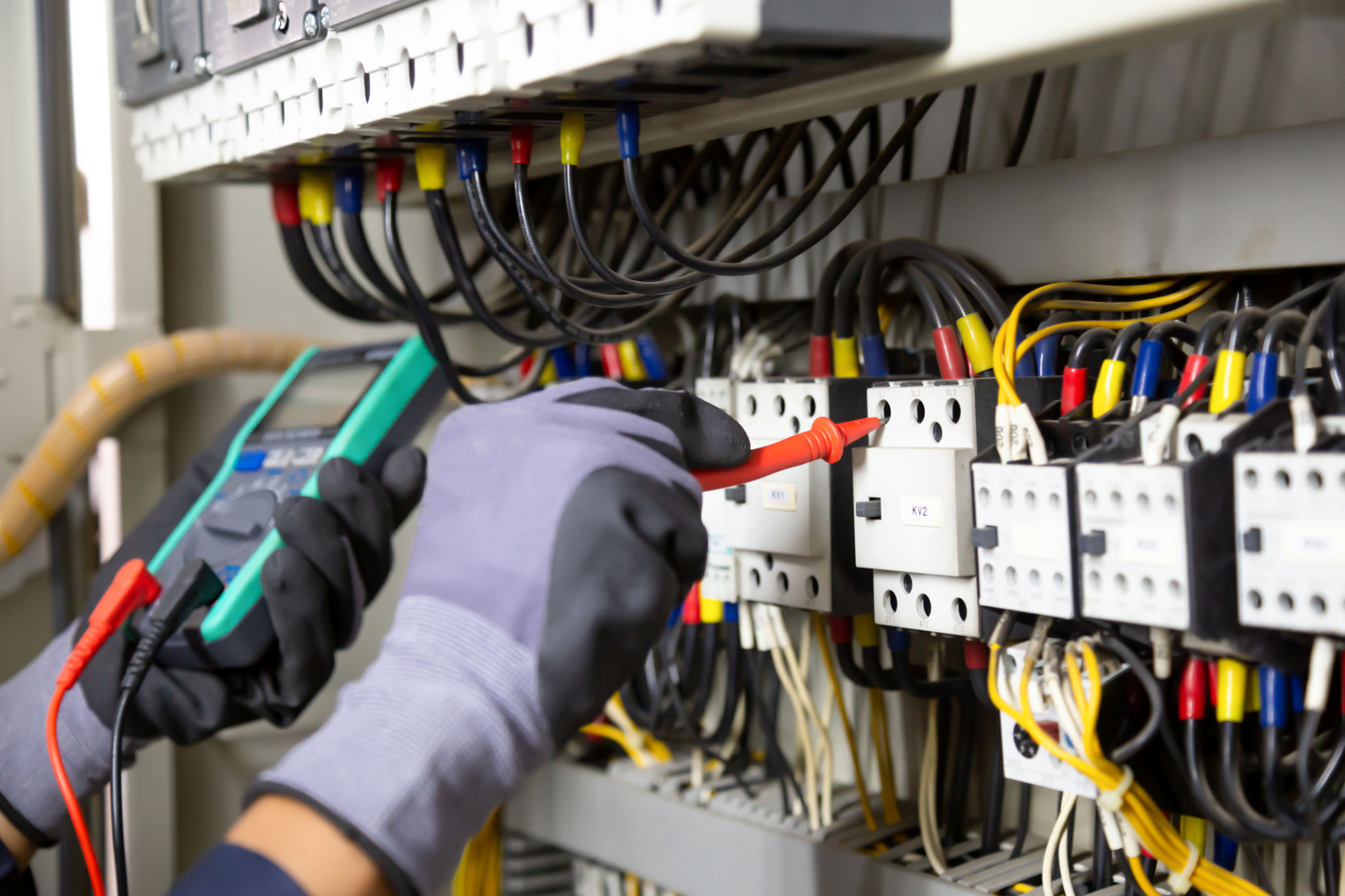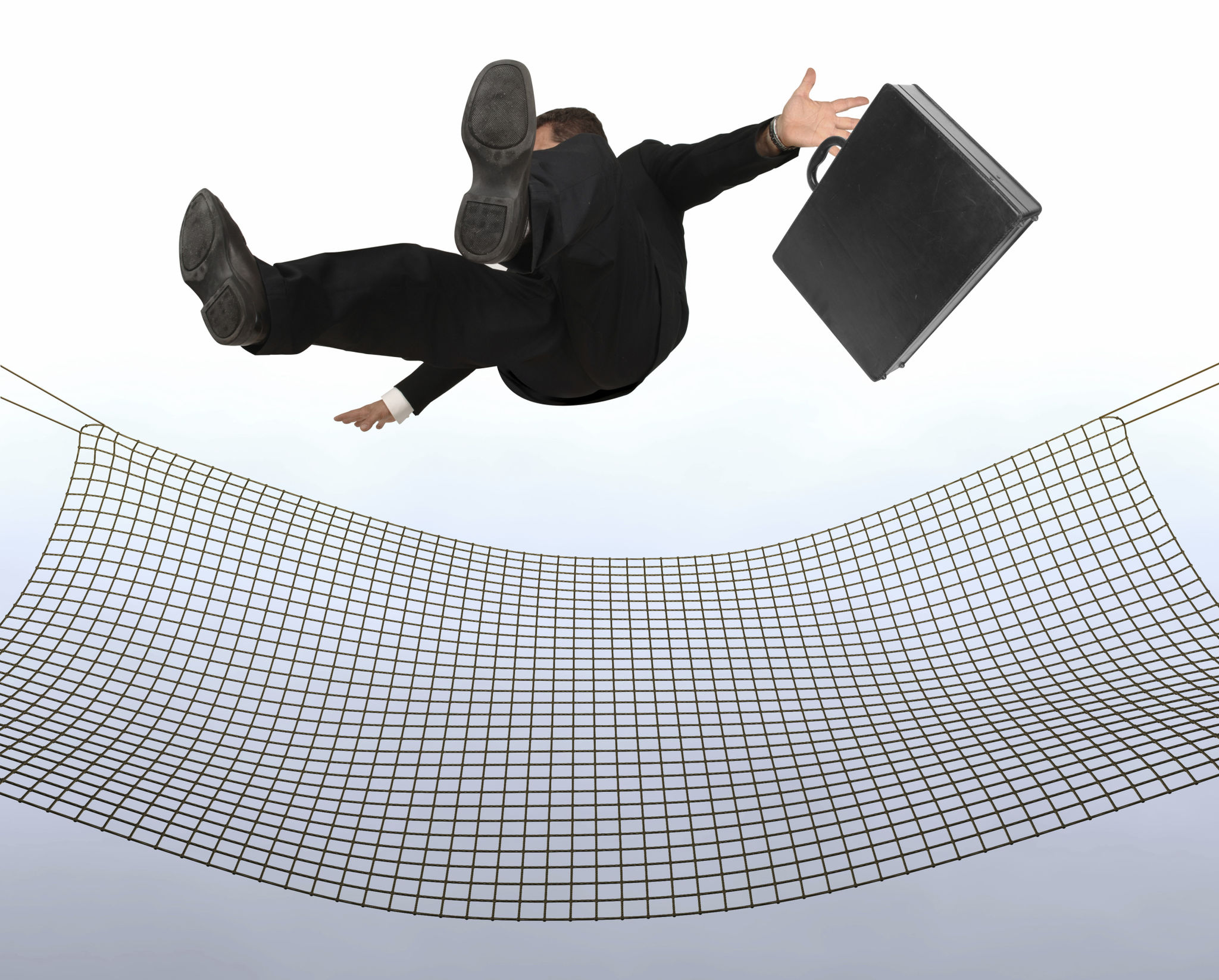5 Common Mistakes to Avoid When Renting Event Equipment
Renting event equipment can be a straightforward process if approached correctly. However, many event organizers make common mistakes that can lead to unnecessary stress and additional costs. By being aware of these pitfalls, you can ensure a smoother experience when renting equipment for your upcoming event.
1. Not Planning Ahead
One of the most frequent errors is failing to plan ahead. Event equipment rental companies often have a limited inventory, and popular items can get booked out quickly, especially during peak seasons. To avoid disappointment, it's crucial to start planning your equipment needs as soon as your event date is confirmed.
By booking early, you not only secure the items you need but may also benefit from early bird discounts. This foresight will give you ample time to make adjustments if your event's requirements change.

2. Overlooking Venue Requirements
Another mistake is not considering the specific requirements of the venue. Every location has its own set of rules and limitations that can impact the type of equipment you can use. For instance, some venues may have restrictions on sound levels or space for certain types of stages or lighting.
Before finalizing your rental list, communicate with the venue manager to understand any restrictions or guidelines. This will help you choose equipment that aligns with the venue's specifications and avoid last-minute complications.
3. Ignoring Equipment Condition
It's essential to assess the condition of rental equipment before committing. Many event organizers neglect to inspect items upon delivery, which can lead to problems if the equipment is faulty or damaged. Always conduct a thorough check to ensure everything is in working order.
If possible, request a demo or trial run of critical equipment like audio-visual systems or lighting setups. This proactive approach can save you from unexpected malfunctions during the event.

4. Underestimating Quantity Needs
A common oversight is underestimating the quantity of equipment needed. This often happens with seating, tables, or audio systems. To avoid this mistake, carefully calculate your guest count and consider the layout of your event space.
It's better to have a few extra seats or microphones than to fall short on the day of the event. Discuss your event details with the rental company; their expertise can help you determine accurate quantities.
5. Forgetting Insurance and Backup Plans
Events are unpredictable, and issues can arise at any moment. Many organizers forget to include insurance or backup plans for their rented equipment. Rental insurance can protect you from liability in case of accidental damage or theft.
Additionally, discuss backup options with your rental provider. Having a contingency plan ensures that the event runs seamlessly even if something goes wrong with the equipment.

By avoiding these common mistakes, you can streamline the process of renting event equipment and focus on delivering a successful and memorable event. Careful planning, thorough communication, and attention to detail are key to avoiding unnecessary complications and ensuring everything goes off without a hitch.
